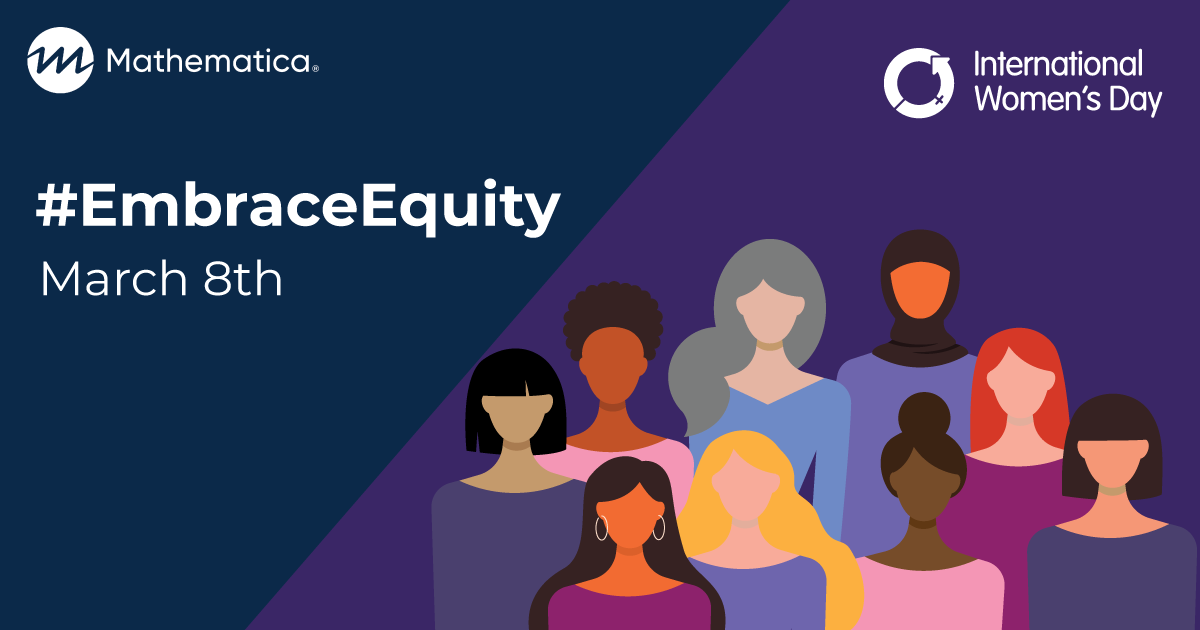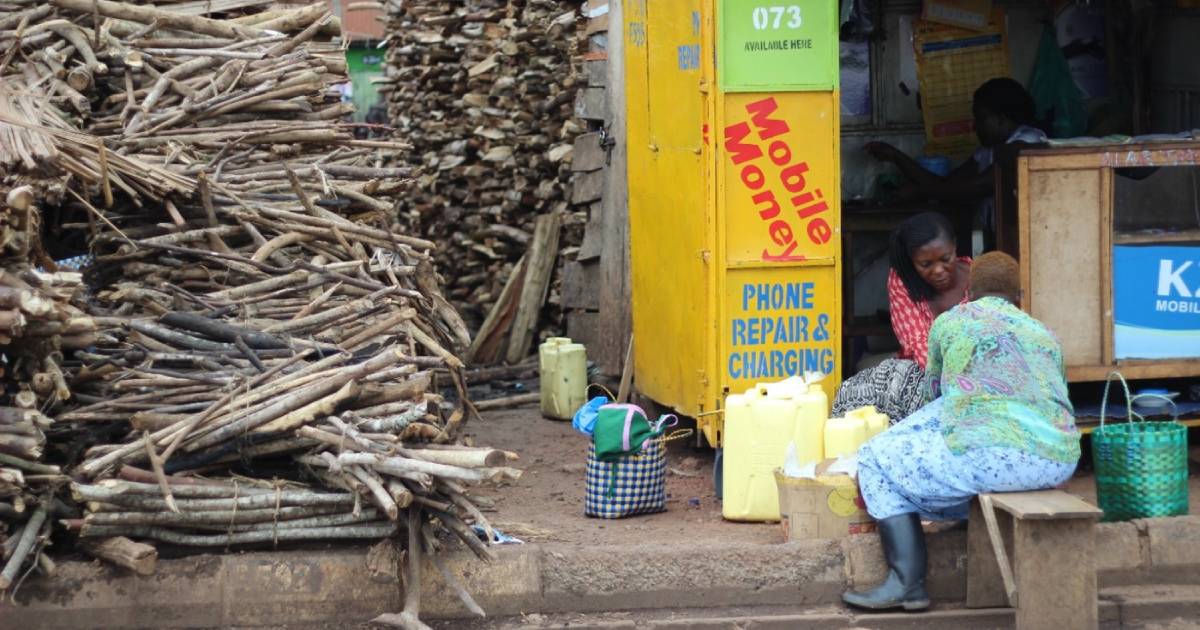Today, we join the global community in commemorating International Women’s Day. This annual event lifts up and celebrates women’s achievements, while calling attention to the social, economic, and cultural barriers that continue to hamper progress in many communities and contexts.
It’s been more than 100 years since International Women’s Day was first celebrated in 1911. Since that time, our notion of what’s possible and acceptable for women—whether being elected as vice president of the United States, driving a car in Saudi Arabia, or opening a bank account in Kenya—has broadened exponentially. Opportunities that were previously unheard of for women have now become normalized, and even mundane. I continually find inspiration in these successes, whether they represent incremental or radical change. At the same time, there remains a long to-do list for achieving gender parity. For example, in many corners of the world, it is still common for families to question the value of girls’ education, or for husbands to prevent their pregnant wives from delivering in health facilities.
As we take a moment today to reflect on these challenges and opportunities, I’m reminded yet again of the role of research in effecting change. The theme of this year’s International Women’s Day, #EmbraceEquity, holds particular resonance for me as a global public health researcher and social scientist working to expose and end gender inequity. As researchers, we provide evidence and data that not only shines a light on people’s unmet needs, but informs solutions that can meet them. Whether gathering recommendations from women living with HIV about how to improve their community health services in Tanzania, or conducting a longitudinal study to evaluate and course-correct a workplace education program for female garment workers in Cambodia, the goal is to use research findings to inform programs and policies that can close deeply entrenched gender gaps.
I recently joined Mathematica as director of international health. It’s invigorating joining an organization that uses its robust research tool kit to advance health equity with an intersectional lens, responding to women’s and girls’ unique perspectives and needs across sectors, with growing intentionality. For example, we are a learning partner for the Bill & Melinda Gates Foundation’s Financial Services for the Poor team’s efforts to improve women’s economic empowerment through digital financial inclusion in priority countries. With support from the U.S. Department of Labor, Mathematica evaluated the Increasing Economic and Social Empowerment for Adolescent Girls and Vulnerable Women program in Zambia, which sought to increase adolescent girls’ and women’s life skills, vocational and technical skills, and access to livelihood opportunities.
Social scientists often speak of harmful gender norms as the driving force behind gender inequity. These are unwritten rules that dictate what’s appropriate and acceptable for people of different genders. Pernicious societal beliefs circumscribe how women should behave, and compromise their well-being around the world. But as we’ve seen repeatedly throughout history, these rules can be rewritten, bolstered by impactful, action-oriented research. International Women’s Day is a call to action, inspiring us to celebrate our victories to date and challenging us to expand narratives about what women can do and where they belong.



